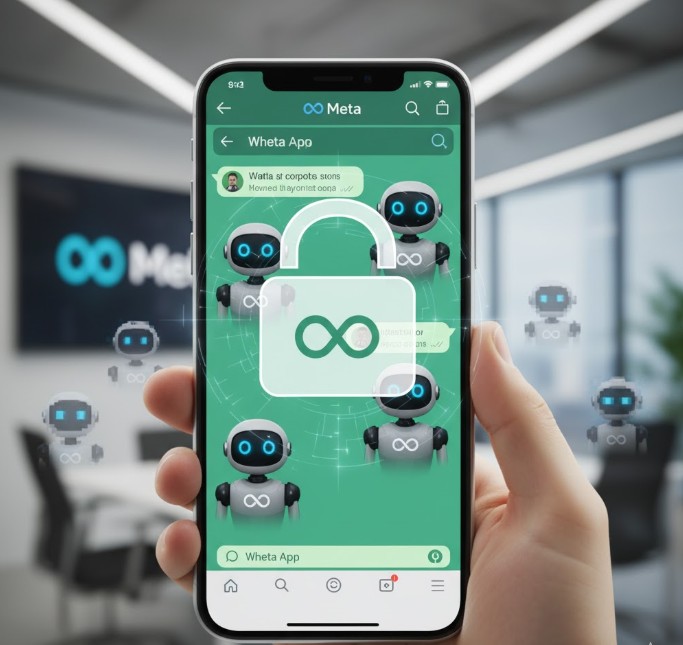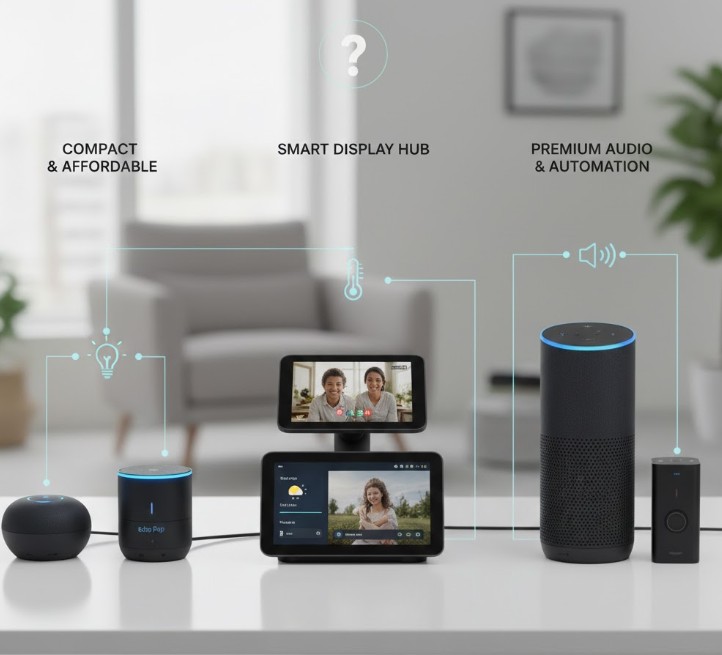MyGeekScore: WhatsApp has revised its Business API policy, banning the entry of unaffiliated generic artificial intelligence chatbots on January 15, 2026.
Thus, third-party bots powered by large-language models (LLMs) such as ChatGPT, Perplexity, or any other open artificial intelligence assistant will not be allowed on the channel if their primary function is standing as a contained conversational bot.
Meta indicates that only its integrated AI assistant, usually known as Meta AI, will now be found in WhatsApp and be open to general chatting for the public.
Why Meta Made the Restrictive Change at Present
The Business API is primarily targeted for business-to-consumer communications: Customer support, order updates, and shipping notifications, but it is not for hosting AI like conversational models.
General-purpose AI bots used this infrastructure for piggybacking on a high message volume but are supported by very few resources. Hence, there was a line drawn by Meta – no AI provider shall use WhatsApp Business Solution to distribute such bots that mainly function as chatting or like an assistant with the user.
How Third-party Chatbot Providers Are Implicated
This change puts the spotlight on firms that had started offering access to the chatbot over WhatsApp. For example:
It would be closed for OpenAI’s ChatGPT customers on WhatsApp.
These companies will be “Luzia” (Khosla Ventures-backed) and “Poke” (General Catalyst-backed) and will be forced to stop using WhatsApp as a host channel.
TechCrunch
Businesses using bots for pure support or updates will not have an impact-the ban is directed at the general-purpose AI assistants, instead of the narrow bots that have limited task scopes.
What This Means for Users and Businesses
For ordinary users: if you’ve been chatting with a third-party AI bot in WhatsApp, come that deadline, the bot will cease to exist. Only the Meta-powered assistant will be accessible for general chat within the app. For businesses: if your functionality is narrowly scoped e.g. booking confirmations, appointment reminders, you’re likely unaffected. But if your bot is, essentially, a conversational AI assistant, you will have to pivot towards another channel or integrate a permitted model.
Strategy, Privacy, and Ecosystem Implications
There are few things like:
Control and monetization: Confined the bots to its own assistant, keeping most of the user transactions within its ecosystem, recoverable for monetizing.
Platform boundaries: WhatsApp is established as the business message channel, meaning that it is open as an open bot marketplace.
Privacy and compliance: AI assistants increase the regulatory risk. Thus, by disallowing other bots, the extent of misuse or harmful interaction liability against Meta may be limited.
This means WhatsApp is no longer an open playground for any AI chatting assistant – only install Meta’s native assistant in the future. If you relied on external bots, now would be the time to seek alternatives or readjust your workflow.
Reference: PCmag.com







Leave a Reply